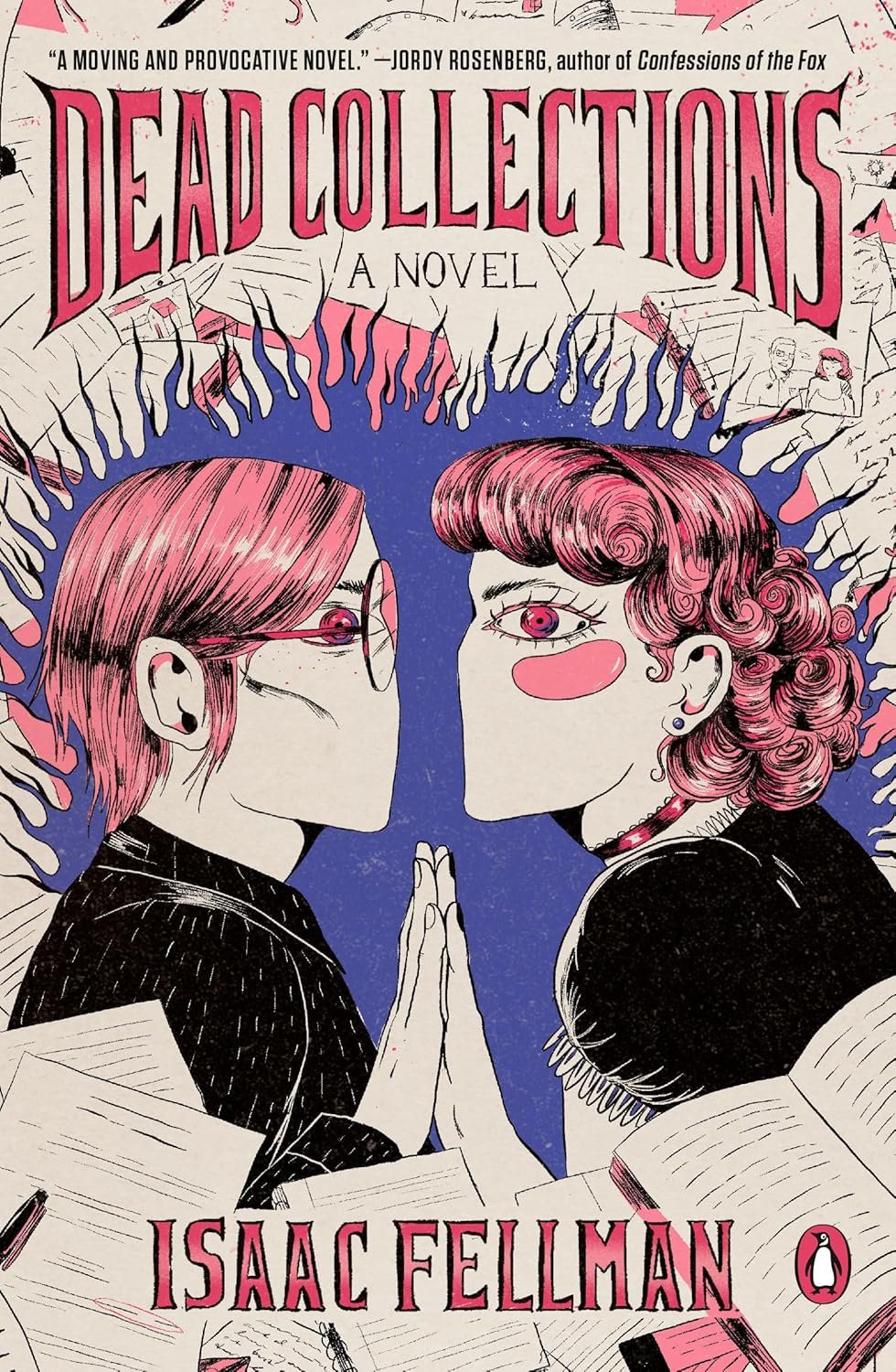 Image 1 of
Image 1 of


Dyscalculia
Like new condition, hardcover
“Powerful . . . a poetic meditation on how love or attempts at loving can drive us to madness.”—The Boston Globe
“We learn about the cracks in Felix’s upbringing, the hurt from the breakup itself, and a pain that spans a lifetime, all through a sharp millennial voice.”—Time
A BEST BOOK OF THE YEAR: Time, Chicago Public Library, Electric Lit
When Camonghne Felix goes through a monumental breakup, culminating in a hospital stay, everything—from her early childhood trauma and mental health to her relationship with mathematics—shows up in the tapestry of her healing. In this exquisite and raw reflection, Felix repossesses herself through the exploration of history she’d left behind, using her childhood “dyscalculia”—a disorder that makes it difficult to learn math—as a metaphor for the consequences of her miscalculations in love. Through reckoning with this breakup and other adult gambles in intimacy, Felix asks the question: Who gets to assert their right to pain?
Dyscalculia negotiates the misalignments of perception and reality, love and harm, and the politics of heartbreak, both romantic and familial.
Like new condition, hardcover
“Powerful . . . a poetic meditation on how love or attempts at loving can drive us to madness.”—The Boston Globe
“We learn about the cracks in Felix’s upbringing, the hurt from the breakup itself, and a pain that spans a lifetime, all through a sharp millennial voice.”—Time
A BEST BOOK OF THE YEAR: Time, Chicago Public Library, Electric Lit
When Camonghne Felix goes through a monumental breakup, culminating in a hospital stay, everything—from her early childhood trauma and mental health to her relationship with mathematics—shows up in the tapestry of her healing. In this exquisite and raw reflection, Felix repossesses herself through the exploration of history she’d left behind, using her childhood “dyscalculia”—a disorder that makes it difficult to learn math—as a metaphor for the consequences of her miscalculations in love. Through reckoning with this breakup and other adult gambles in intimacy, Felix asks the question: Who gets to assert their right to pain?
Dyscalculia negotiates the misalignments of perception and reality, love and harm, and the politics of heartbreak, both romantic and familial.
Like new condition, hardcover
“Powerful . . . a poetic meditation on how love or attempts at loving can drive us to madness.”—The Boston Globe
“We learn about the cracks in Felix’s upbringing, the hurt from the breakup itself, and a pain that spans a lifetime, all through a sharp millennial voice.”—Time
A BEST BOOK OF THE YEAR: Time, Chicago Public Library, Electric Lit
When Camonghne Felix goes through a monumental breakup, culminating in a hospital stay, everything—from her early childhood trauma and mental health to her relationship with mathematics—shows up in the tapestry of her healing. In this exquisite and raw reflection, Felix repossesses herself through the exploration of history she’d left behind, using her childhood “dyscalculia”—a disorder that makes it difficult to learn math—as a metaphor for the consequences of her miscalculations in love. Through reckoning with this breakup and other adult gambles in intimacy, Felix asks the question: Who gets to assert their right to pain?
Dyscalculia negotiates the misalignments of perception and reality, love and harm, and the politics of heartbreak, both romantic and familial.





